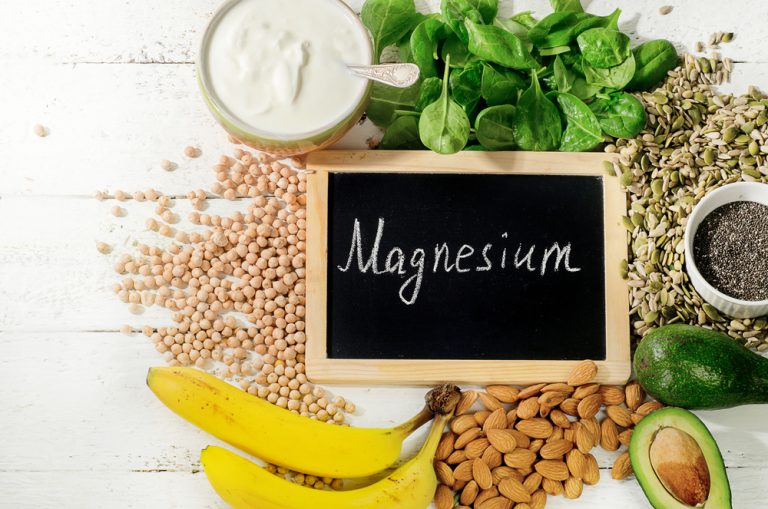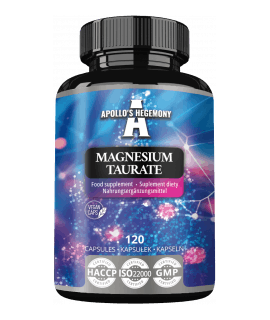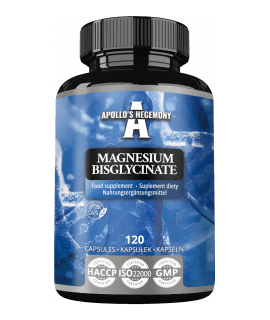Magnesium plays a role in many biochemical reactions in the body, many of which are directly related to muscle function and protein synthesis. Yes, most people don't get anywhere near enough magnesium, and the problem is amplified in hard training athletes and muscle heads. To make matters worse, magnesium is slowly disappearing from the modern diet. Industrial agriculture and food processing methods literally strip magnesium and other valuable minerals right from our food supply, making it harder to consume enough nutrients from varied diet.
So what can we do about it?
First, let's take a closer look at why magnesium is so critically important.
As stated, magnesium has many essential roles in human biochemistry. For one, magnesium deficiency is associated with hypoparathyroidism and low vitamin D production. Magnesium deficiency has also been linked to disrupted bone metabolism. However, in several animal trials, supplementing with magnesium even inhibited the development of atherosclerosis.
Magnesium is known as the mineral of glucose control as it's closely associated with insulin sensitivity, and a low intake has been linked with the development of type-2 diabetes. Furthermore, rat studies have shown that magnesium supplementation can mostly prevent diabetes.
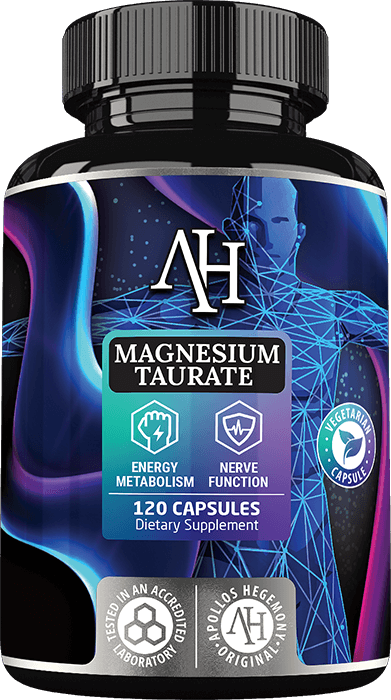
Interestingly, high blood glucose and insulin levels seem to reduce magnesium status even more. It seemingly creates a vicious cycle where low magnesium levels lead to poor glucose control and insulin sensitivity, which again lowers magnesium status.
In healthy volunteers, those following a low-magnesium diet for only four weeks reduced their insulin sensitivity by 25%, suggesting that magnesium deficiency can lead to insulin resistance.
Magnesium supplementation in particular has been shown to increase insulin sensitivity in insulin-resistant subjects, both diabetics and non-diabetic alike.
A 16-week trial with type 2 diabetics found magnesium supplementation improved fasting glucose levels, insulin sensitivity, and HbA1c levels (a form of hemoglobin which is measured primarily to identify the average plasma glucose concentration over prolonged periods of time). HbA1c levels were improved by 22%, which is an incredible number. That would take a diabetic with an HbA1c level of 8% (not good) down to 6.2% (very good) in only four months.
A study on magnesium supplementation in insulin resistant but non-diabetic volunteers who had low blood levels of magnesium showed incredible results after only 16 weeks. Participants reduced their insulin resistance by 43% and fasting insulin by 32%, suggesting that their magnesium deficiency may have been one of the main reasons why they were insulin resistant in the first place.
Magnesium deficiency
Magnesium deficiency can lead to increased LDL levels, endothelial dysfunction, increased inflammation and oxidative stress, and constriction of coronary arteries (decreasing oxygen and nutrients to the heart). Well that doesn't sound all that appealing. Magnesium supplementation and repletion has been shown to decrease LDL levels (as well as improve the other blood lipids), restore endothelial dysfunction in people with coronary artery disease, and decrease inflammation.
Sources of magnesium
The best sources of magnesium are fish, nuts, seeds, beans, leafy greens, whole grains, and some fruits and vegetables. In particular, salmon, halibut, spinach, almonds, cashews, potatoes, sesame seeds, pumpkin seeds, yogurt, and brown rice are all good whole sources of this precious mineral.
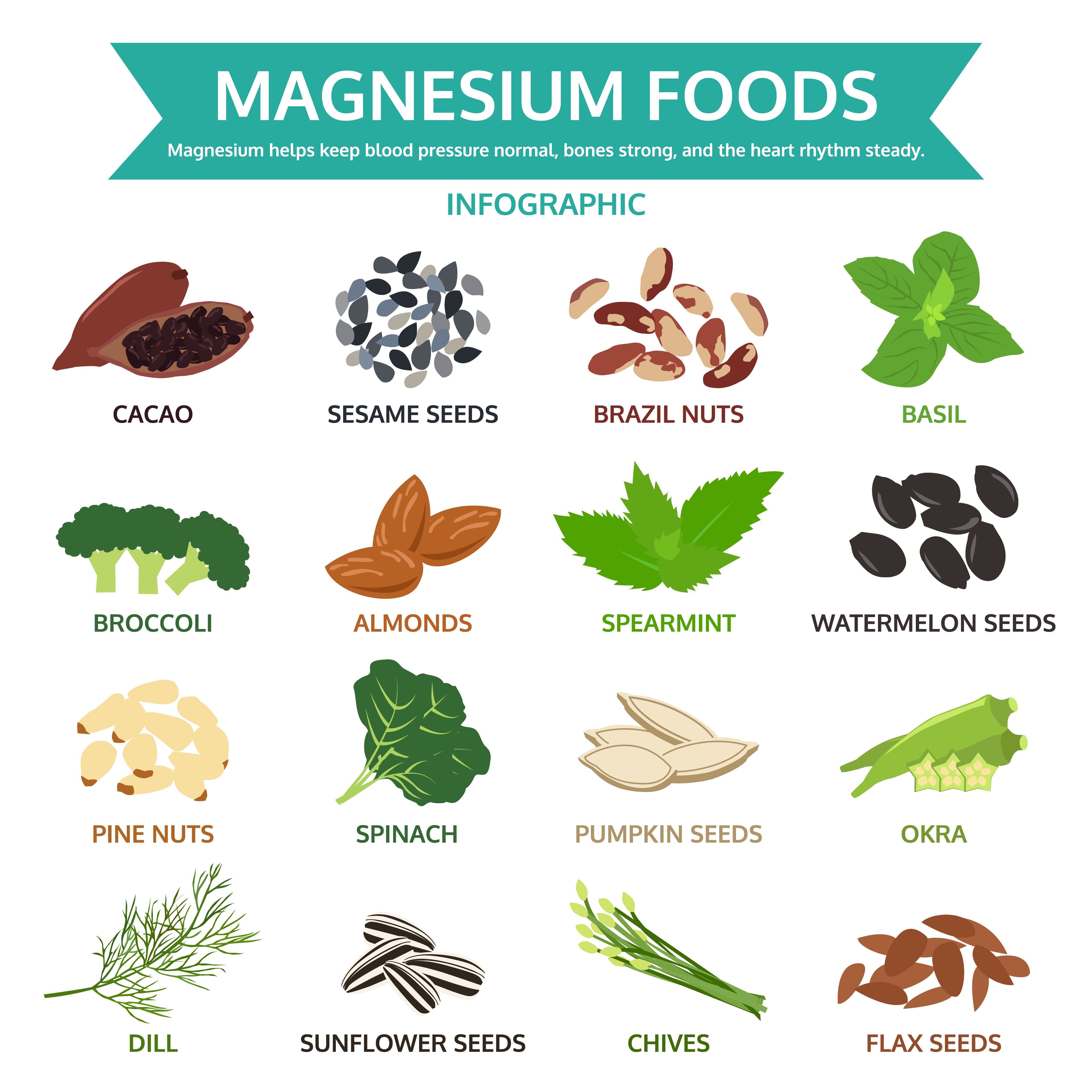
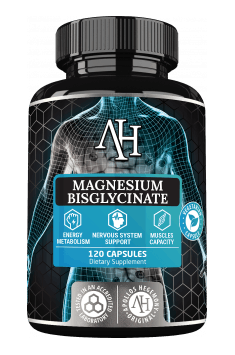
It's important to note that magnesium content is dependent on soil quality, so buying most of these foods from organic or sustainable farms might provide you with greater levels of dietary magnesium. While this argument is still considered speculative, there is no dispute that conventionally grown foods are being raised in depleted soil. You can't expect to grow nutrient-rich food from nutrient-stripped soil, so it might be worth the cost to go organic or sustainable. It should also be noted that foods like whole grains, beans, nuts, and seeds are also rich sources of phytic acid. Phytic acid may provide some independent health benefits, but it's also an anti-nutrient that binds to magnesium (among other nutrients), preventing its absorption.
Magnesium supplementation - is it worth it?
Magnesium is well, kind of big deal. It's vital for people bone metabolism, vitamin D metabolism, parathyroid function, insulin sensitivity, glucose tolerance as well as proper blood lipid levels and prevention of atherosclerosis, not to mention cardiovascular disease. It even helps you chill out after a stressful day and sleep better. Consuming foods rich in magnesium along with proper supplementation will ensure adequate levels and provide you with more health benefits than you could remember.
